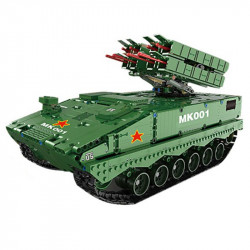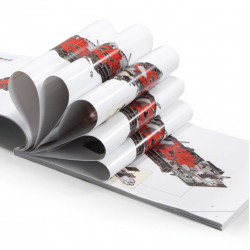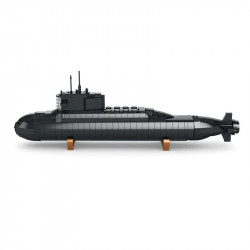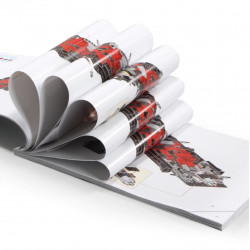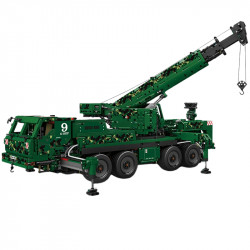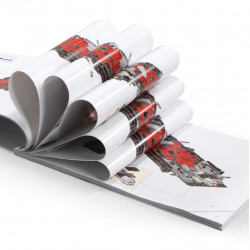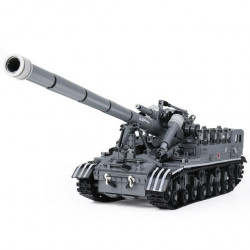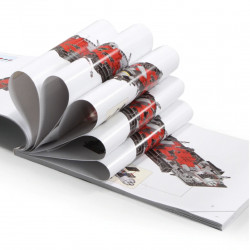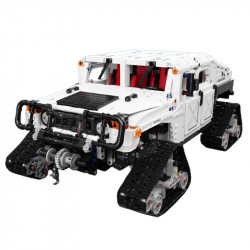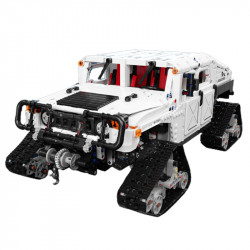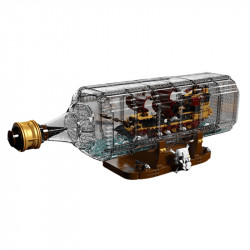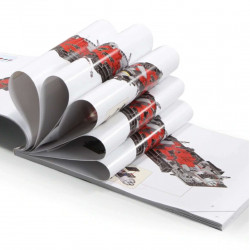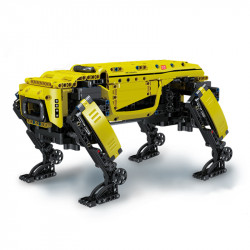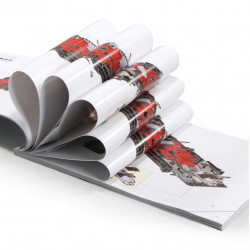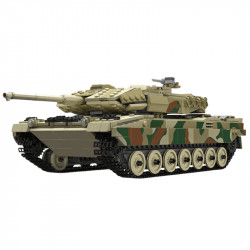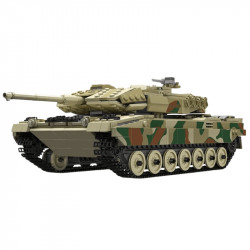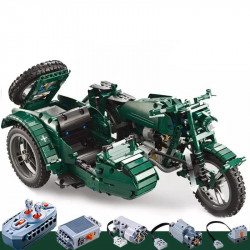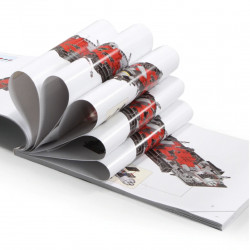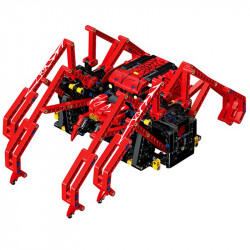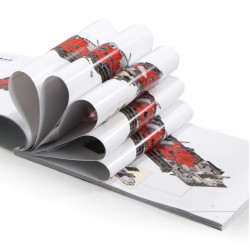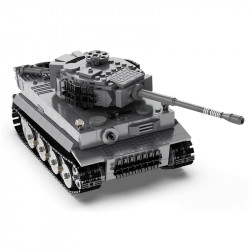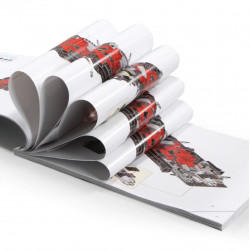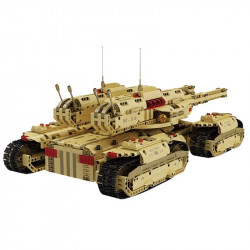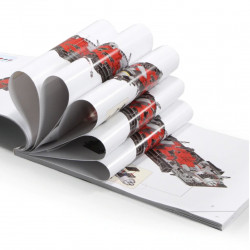MILITARY VEHICLES
With the help of military model kits, enthusiasts can indulge their love of accuracy and detail while recreating historical events. Entering the field of military modeling can be an exciting and intimidating experience for novices. Still, with the correct plans, it can become a fulfilling journey of creativity and skill growth.
This article will discuss the key tactics that novices should be aware of and provide you with the information and resources you need to begin your activity confidently and easily, from grasping the fundamentals to mastering sophisticated skills.
UNDERSTANDING MILITARY MODEL KITS
Tanks, planes, ships, and figures are just a few of the many types of military model kits available; each presents a different challenge and opportunity for learning. The size and complexity of the model are determined mainly by its scale, which typically ranges from 1:35 to 1:700. Before moving on to scales like 1:720 or 1:144, beginners should begin with basic kits in scales like 1:35 or 1:48.
Materials and tools are first-rate resources for any enthusiast. Hobby knives, sandpaper, and plastic cement are basic equipment needed for construction, and paints, brushes, and weathering powders give the model a realistic, detailed appearance. Comprehending the function of every instrument and substance is essential for effective modeling.
ESSENTIAL TECHNIQUES FOR BEGINNERS
In military modeling, organization and preparation are critical strategies for success. Beginners should carefully study the directions and ensure they have all the tools and materials needed before beginning a project. When pieces are arranged, assembly tasks are streamlined, mistakes are avoided, and the workstation is kept tidy.
Some basic assembly suggestions are using the proper adhesive to prevent messy joints, test-fitting components before gluing, and meticulously following the directions. When modeling, patience is essential because hurrying might result in mistakes that lower the quality of the final product. Prioritizing technique mastery is best for beginners to progress to more advanced talents.
BUILDING YOUR FIRST TANK MODEL KIT
Choosing the appropriate gear is essential for novices. To begin with, look for kits labeled "beginner-friendly" or "snap-fit," as these are made with ease of use and minor assembly required. Tanks and airplanes are famous for beginning modelers because many kits are available, and their construction is reasonably basic.
The step-by-step assembly instructions included with every kit provide front-line assistance for novices. By closely adhering to these directions, the likelihood of errors is reduced, and parts are assembled in the proper orientation and order. Beginners should go slowly through each stage, pausing to clarify unclear instructions with reference photos or internet resources.
ADVANCED TIPS FOR IMPROVEMENT
The two most effective ways to give military models more depth and realism are weathering and detailing approaches. Dry brushing, washes, and chipping effects are frequently used to replicate wear and tear on vehicles, while delicate shading and highlighting techniques improve the appearance of figures and uniforms. Before using these methods on your final kit, practice them on spare components or test models.
Hobbyists can personalize and customize their models to make them uniquely their own. Enhancements such as resin modifications, aftermarket photo-etched parts, or scratch-built detailing can elevate a kit and demonstrate the builder's imagination and expertise. Try using several methods and materials to see what best suits your preferences and style.
